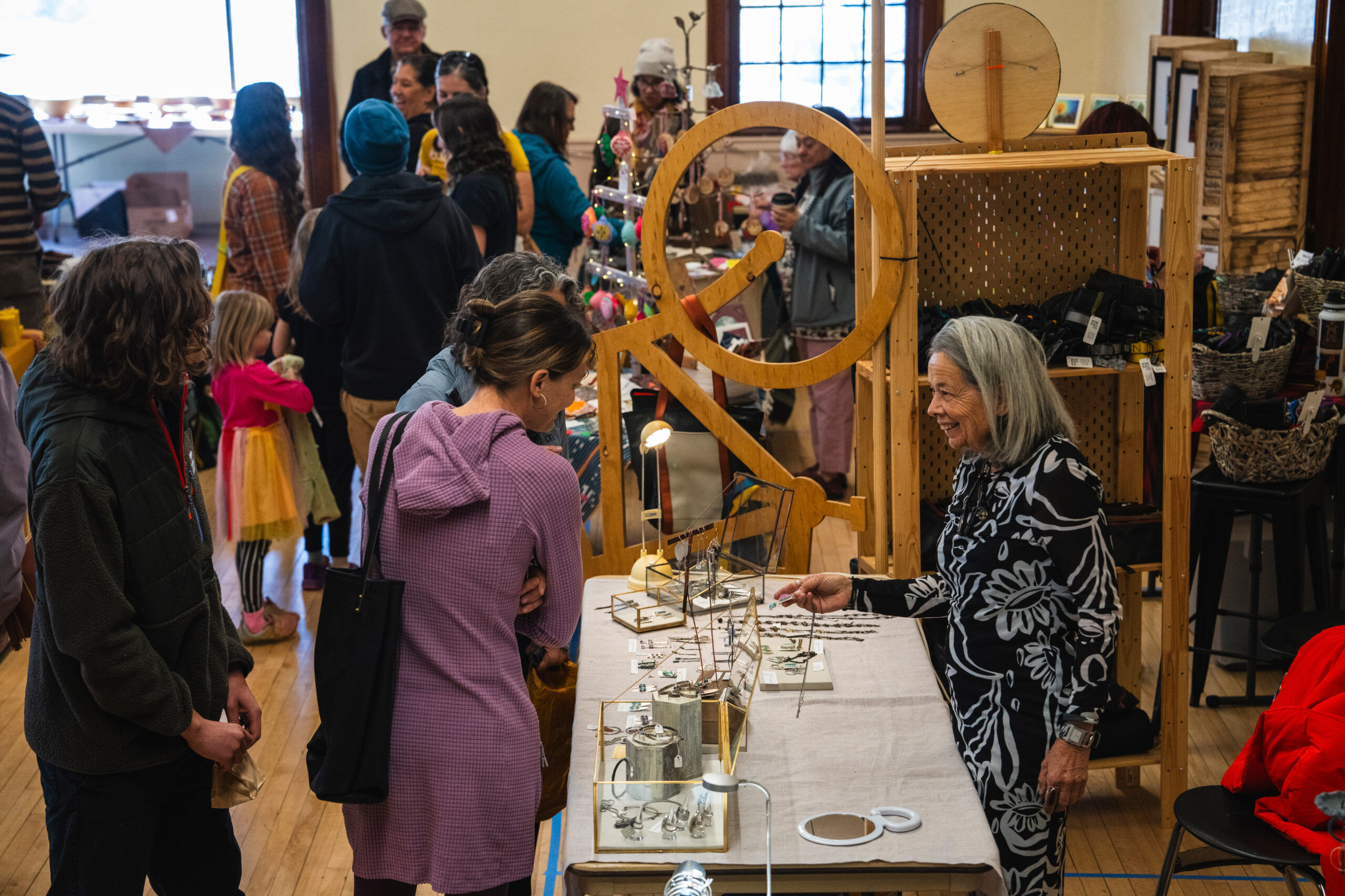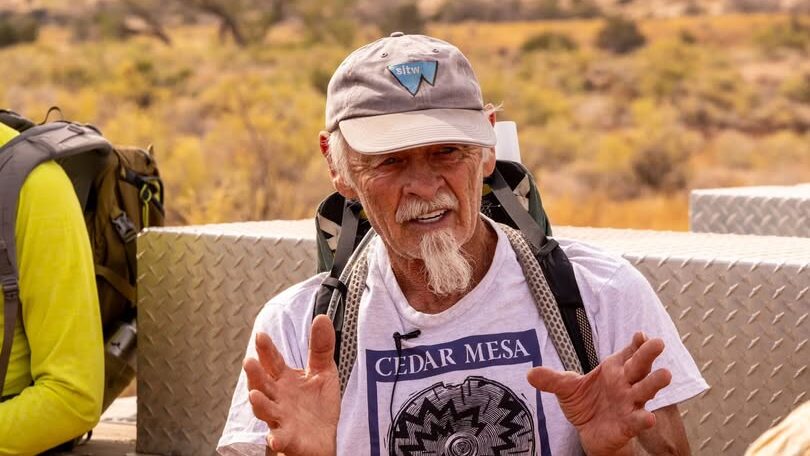Some information may be outdated.
Moab Community Garden joins Youth Garden Project Programming
Moab Community Gardens, commonly referred to as MoCom, is a program dedicated to supporting local food security by providing and maintaining land access in town for individuals to garden in. The goal is to offer an affordable, welcoming community for people of all abilities and backgrounds to grow their own fruits and vegetables through sustainable urban agriculture.

The program recently joined Youth Garden Project’s line-up of community offerings, though the original idea was conceptualized and spearheaded by Becky Mann through another nonprofit, Resiliency Hub Moab.
“I know finding land in Moab can be tough,” Mann said, noting her own experience of wanting to grow tomatoes in town. “I dreamt of a network of little garden spaces all over Moab where folks could grow food in peaceful spots and encounter others out there doing the same.”
In 2017 Mann began to plan out what would later be known as MoCom and the following year the idea came into fruition with land at the East Bench Community Garden in Moab. By 2023, the program had expanded into three active growing spaces with nearly fifty gardeners using the plots. The project was fully run by a team of dedicated volunteers.
After receiving an out-of-state career opportunity in 2023, Mann reached out to YGP in the hopes of continuing the program under their leadership, citing the shared goals of both organizations to, “sustain local agriculture by creating positive and healing connections between people and the land.”
It was an ideal fit. Emily Roberson, executive director of Youth Garden Project, felt like the mission of MoCom aligned with YGP in many ways. She hopes the MoCom programming will inspire and empower gardeners, as well as increase access to nutritional food.

“I like to say that these gardens, and spaces like community gardens, are part of a healthy, social infrastructure where people can meet new friends and develop strong connections to the land and each other,” Roberson said.
The program will continue to be volunteer-led, but Roberson is hopeful that YGP will be able to support a paid position down the line.
With funds donated from the Ruth H Brown Foundation as a thank-you to Mann for the creation of MoCom, the program successfully transitioned to YGP in January. There are no major changes to the program in 2024, as YGP is focused on making sure the gardeners have the resources needed to be successful for the season.
“We’re trying to figure out how we, as an organization, can offer land access equitably,” Roberson said, adding that balancing between private and public land access in Moab and Spanish Valley is a topic YGP plans to explore.
Roberson also noted the unique opportunity for MoCom to continue serving K-12 students with food and garden education as they age out of YGP programs.
“Whether they stay in town or they leave and come back, they still have access to grow food as a lifelong learning opportunity and hobby,” Roberson said of Moab students.
There are currently three plots of land MoCom uses: East Bench Community Garden, Our Village Community Garden, and WabiSabi Community Garden. Each plot is approximately 3 by 30 feet in size and costs $60 per season. Water is available on all the sites and gardeners are required to put in five hours of volunteer service per season.
However, this is the last season the program will take place at WabiSabi as the store moves to a new location.
Going forward in finding land to host MoCom, Roberson stated, “We’re open to all kinds of partnerships. We’re looking at the sustainability of the location long-term as well as our capacity to support additional sites.”
For more information about the program, reach out at mocom@youthgardenproject.org.
Appreciate the coverage? Help keep local news alive.
Chip in to support the Moab Sun News.





